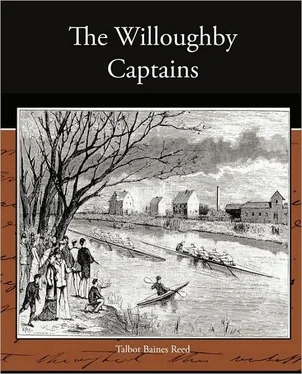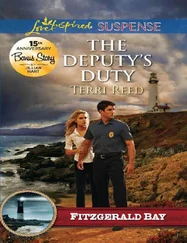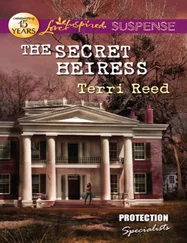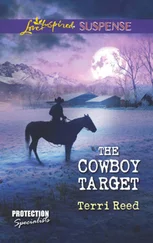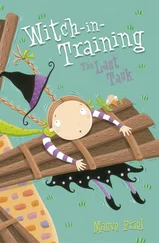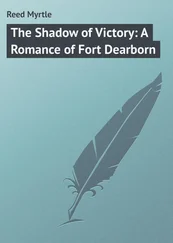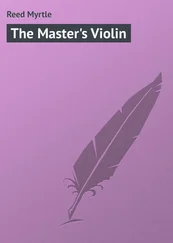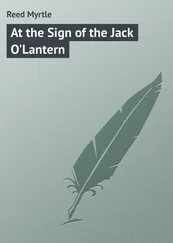There was the usual lively time before the regular business was reached over “Questions,” of which there were a good many on the notice-paper. But it will be best to report the meeting in the usual Parliamentary style, as it would have appeared on the records of the House, had any record been kept at Willoughby:
Mr Bloomfield took the chair at three o’clock.
Mr Merrison (Welcher) gave notice that at the next meeting he would move—“That this House gives its support to the Liberal candidate in the coming election at Shellport, and does all in its power to kick out the Radical.” (Loud cheers.)
Mr Pringle (Parrett’s) asked the Home Secretary what day the summer holidays were to begin.
Mr Ashley replied that he was not in a position to inform the hon. member, but probably in about six weeks.
Mr Wyndham, jun. (schoolhouse), wished to ask why Parrett’s would not row another race when the schoolhouse had offered it? (Great schoolhouse cheers.)
Mr Game (First Lord of the Admiralty), amid equally loud cheers on Parrett’s side, replied that as soon as the schoolhouse found out who had been mean enough to cut the Parrett’s rudder-line, and gave him up to justice, they would see about it.
Whereupon Mr Wibberly begged to ask the schoolhouse stroke whether he had any information to give the House on the subject.
Mr Fairbairn. — The information I have to give the House is that Mr Riddell and I, directly after the race, went to Mr Bloomfield and said we were sorry for the accident — (ironical laughter from Parrett’s) — and offered to row them again any day they liked, and the offer was declined. (Schoolhouse cheers.)
Mr Tipper. — I should like to know if the schoolhouse fellows are making any efforts to discover the culprit by whose assistance they won the race. (Tremendous Parrett’s cheers.)
Mr Fairbairn. — I can’t say we are. (Derisive cheers of “Of course not!” from Parrett’s.) The hon. gentlemen opposite seem to know so much about it, that I think they had better find the culprit themselves. (“Hear, hear,” from the schoolhouse.)
The proceedings at this stage became rather noisy, every one being anxious to express his opinion on the question. It was not till after the President had threatened to “adjourn the House” that silence was at length restored.
Bloomfield took the sensible course, also, of announcing that, as quite enough questions had been asked about the race, he should not allow any more on that subject.
Whereupon Mr Tucker, the Welcher, rose and put a question on another matter. He wanted to know the reason why Mr Riddell had become a Welcher; whether it was true that he had been turned out of the schoolhouse for being incompetent; and whether he had been kicked out of the captaincy as well.
Mr Crossfield said he had been requested to reply. And first he must congratulate the hon. member on having succeeded in asking a question which any one could understand. (Laughter.)
In reply, he understood Mr Riddell had been sent to Welch’s in order to study the virtues of a fellow called Tucker, who was—
Mr Tucker, rising: Mr Chairman, I didn’t put my question in order to be insulted by Crossfield or any one. (Laughter.)
Mr Crossfield. — I apologise to the hon. gentleman. I will not insult him by supposing he has any virtues. I should say Mr Riddell has gone to take a few lessons in the art of keeping a house in order, which no one can so well teach him as Mr Tucker. (Loud laughter.) In reply to the gentleman’s second question—
Mr Tucker. — I don’t want any more. (Laughter.)
Mr Crossfield. — In reply to the gentleman’s second question, I am sorry to inform him that his impressions are about as correct and intelligent as they usually are. (Renewed cheers and laughter, in the midst of which Tucker subsided in a state of mind hardly amiable.)
As soon as silence was restored, Mr Porter wished to ask the captain of the eleven whether the team to play against Rockshire was yet settled.
Mr Bloomfield. — Not quite. Nine names are fixed — Game, Tipper, Ashley, Wibberly, and myself from Parrett’s house, and Fairbairn, Porter, Coates, and Crossfield from the schoolhouse. (Cheers and counter-cheers, and loud cries of “What about the Welchers?”) What about the Welchers? That’s what everybody wants to know! (Loud cheers.)
Hereupon Mr Cusack rose in his place and asked if the House was aware that the Welchers’ cricket club was started again; that he was the secretary; and old Mr Pil the treasurer, and Mr Riddell the president, that the subscription was two shillings and sixpence in advance, and that— But here the enthusiastic secretary’s announcement was drowned in the general laughter of the assembly, led by the Parrett’s juniors, who roared as if they’d never heard such a joke in their lives. “Won’t be a joke when we smash you in one innings,” shouted Cusack, standing on his seat to give emphasis to the challenge. “Ho, ho! when’s that to be?”
“When you like,” cried the Welchers. “Do you funk it?”
“Unless those juniors there hold their row,” interposed Bloomfield, “I shall have them turned out of the meeting.” Whereat the little breeze calmed down.
The President then called upon Mr Ashley to move the resolution standing in his name, which he did in a rather feeble speech.
“I really don’t think it necessary to say much to prove that the school is degenerate. Look at the clubs! They aren’t nearly as good as they were in old Wyndham’s time. Parrett’s clubs, thanks to Mr Bloomfield, keep up; but where are the others? Then the rows. (Hear, hear.) I’m sure there have been more rows in the school this term than all the rest of the year put together. The juniors seem to do what they like,”—(“Hear, hear,” from Telson, Parson, and Co.)—“and no one seems to know who has a right to keep any one else in order. Now, why is all this? (Loud cheers from Bosher.) You know as well as I do. The captain of the school always used to be a fellow the boys could look up to. Old Wyndham and the captain before him were something like fellows. (Loud Parrett’s cheers.) They weren’t afraid to look any one in the face — (cheers) — and they didn’t, when they got tired of one house — (cheers) — ask the doctor to move them to another. (Terrific applause from the Parrett’s and Welchers.) Why, if this boat-race affair had happened in old Wyndham’s time, do you suppose he wouldn’t have made it right, and found out the fellow, even if it was his own brother? (Loud cheers, amidst which young Wyndham blushed a great deal at this unexpected piece of notoriety.) I’m not going to say any more.” (“Hear, hear,” from Fairbairn.)
Mr Porter rose to open the debate on the other side. He wasn’t going to give in that Willoughby was going down. It was unpatriotic. (Cheers.) He meant to say if the school did go down it was the fellows’ own fault, and not all to be blamed on one boy. Mr Riddell would probably answer for himself — (laughter) — but he (Mr Porter) was pretty sure the school would not degenerate under him. The fellows seemed to think the only thing in the world was brute strength. He had no objection to brute strength — (cheers and laughter) — in fact he fancied he had a little of his own — (“Hear, hear,” from Telson whose ears Porter had boxed only that morning) — but Willoughby wanted something better than that; and he meant to say there were plenty of fellows in the school who didn’t make much noise, but who did as much to keep up the school as all the rowdies put together. And when things have quieted down, as he hoped they would, these fellows would get more thanks than they did now. (Cheers from a few, who apparently considered this last allusion referred specially to them.)
Читать дальше
